
Atmospheric Sciences professor at U. Utah. Believer that it really is turtles all the way down. Opinions predetermined and not my employer's.
How to get URL link on X (Twitter) App


 But why is growth happening in the first place? Why does growth happen for anything? It's always a question of there being a resource surplus, and an interesting feedback between the use of energy and having a surplus to convert our environment to the stuff of us
But why is growth happening in the first place? Why does growth happen for anything? It's always a question of there being a resource surplus, and an interesting feedback between the use of energy and having a surplus to convert our environment to the stuff of us

 Many would think that 0% GDP growth means no acceleration, that emissions stabilize. No. The GDP is linearly coupled to conversions of Earth's crust to the stuff of us. If the GDP continues, we continue to grow...
Many would think that 0% GDP growth means no acceleration, that emissions stabilize. No. The GDP is linearly coupled to conversions of Earth's crust to the stuff of us. If the GDP continues, we continue to grow...
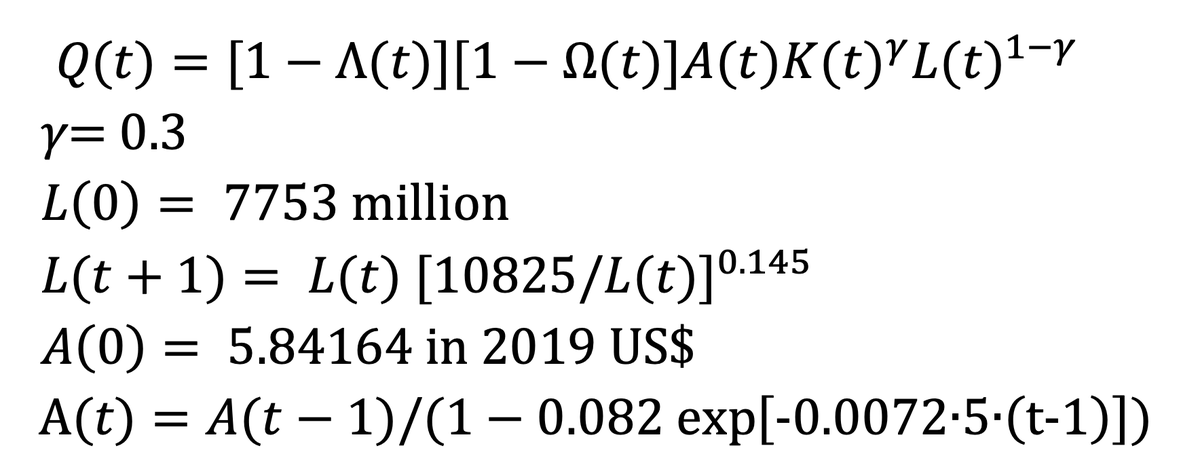
 First, it's dimensionally nonsense. Q (output), K (capital) and A (fudge factor for tech) have units of $. L (labor) is people. As written, the equation for output has units of $^1.3 people^0.7 where it should just be $ or (better) $/year.
First, it's dimensionally nonsense. Q (output), K (capital) and A (fudge factor for tech) have units of $. L (labor) is people. As written, the equation for output has units of $^1.3 people^0.7 where it should just be $ or (better) $/year.
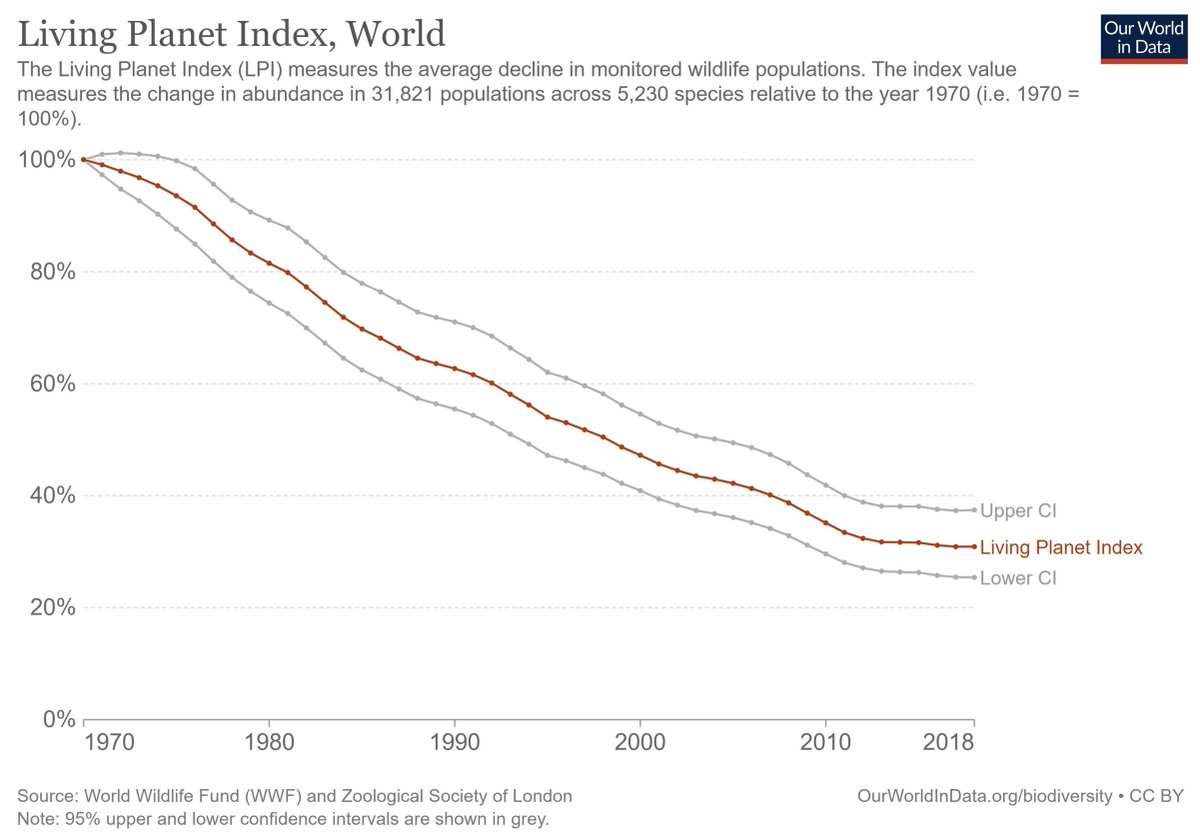
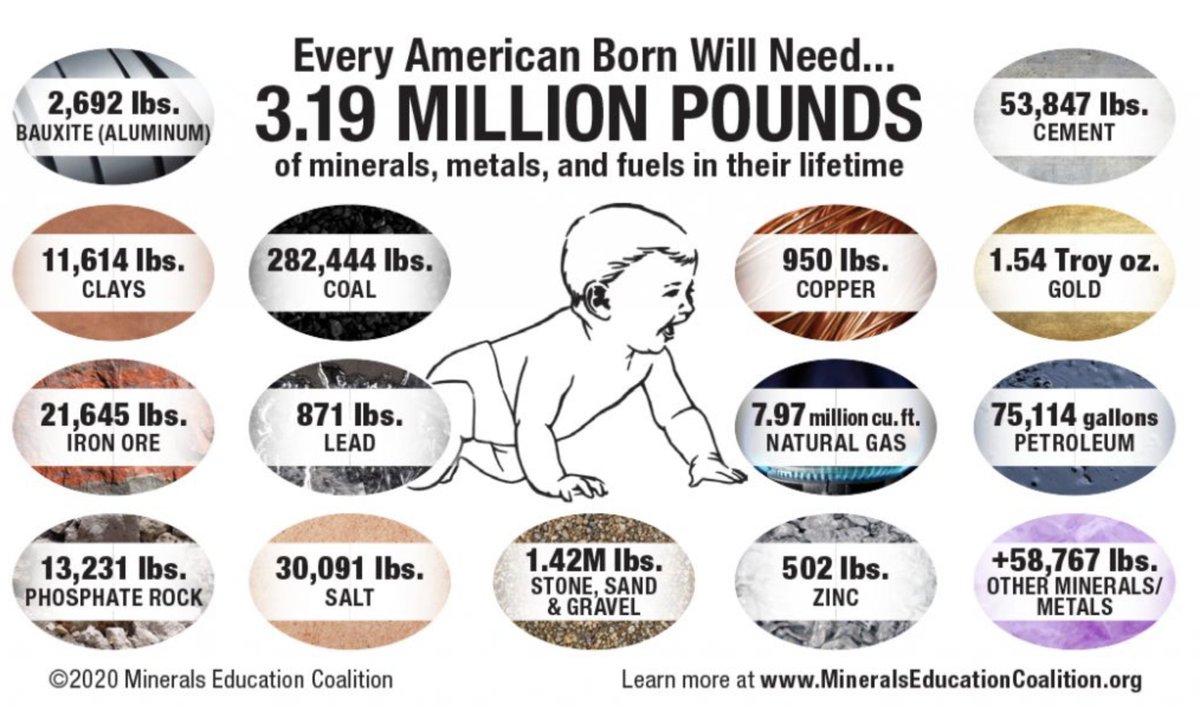
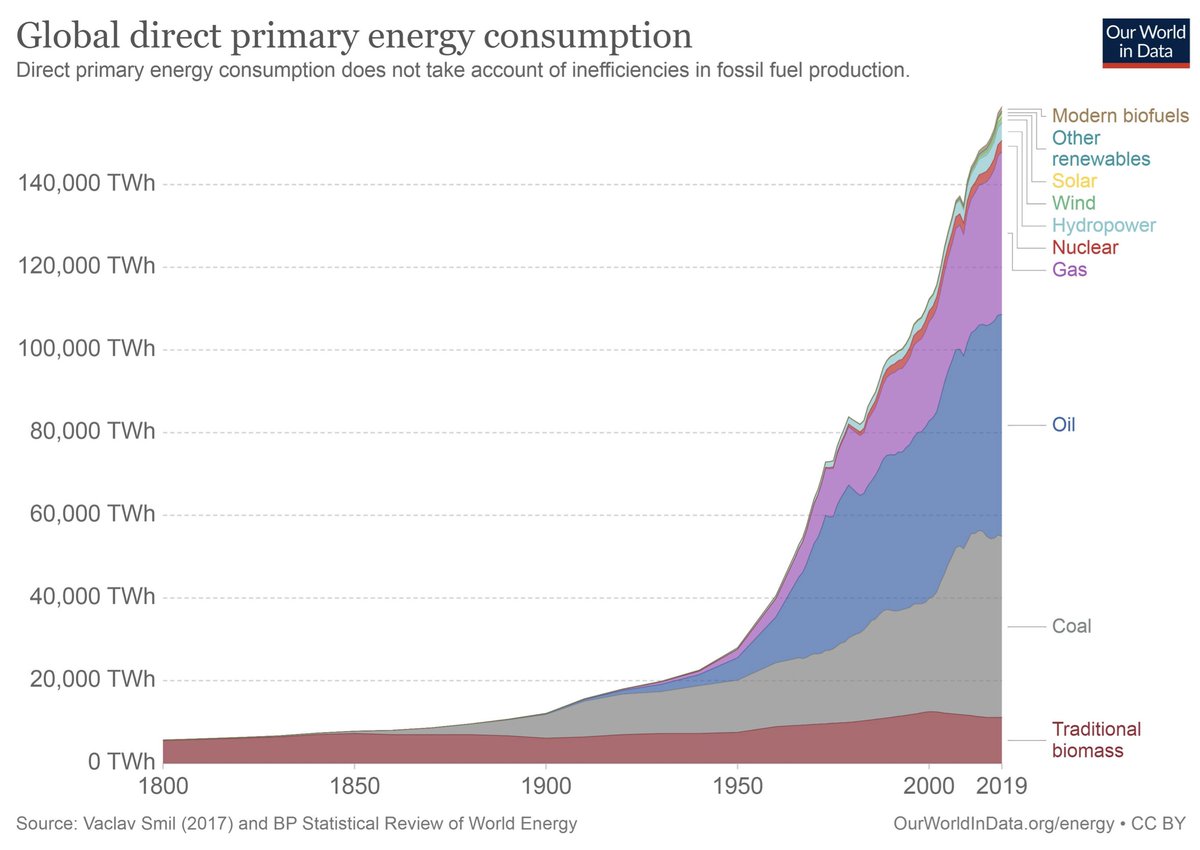
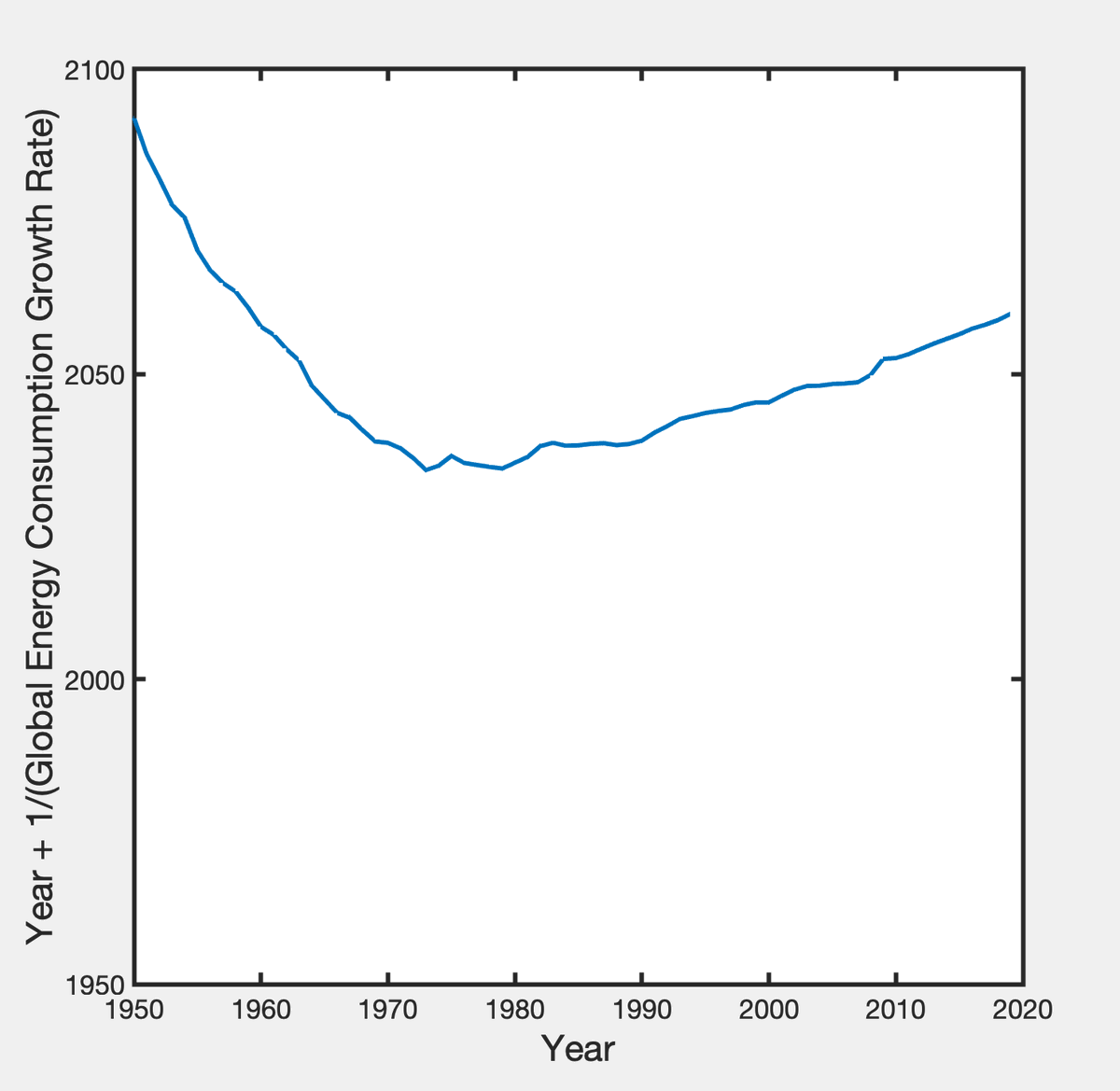
 4. Taking the inverse of rates gives a time: 142 years in 1950, 69 years in 1970, 49 years in 1990, 41 years in 2019
4. Taking the inverse of rates gives a time: 142 years in 1950, 69 years in 1970, 49 years in 1990, 41 years in 2019
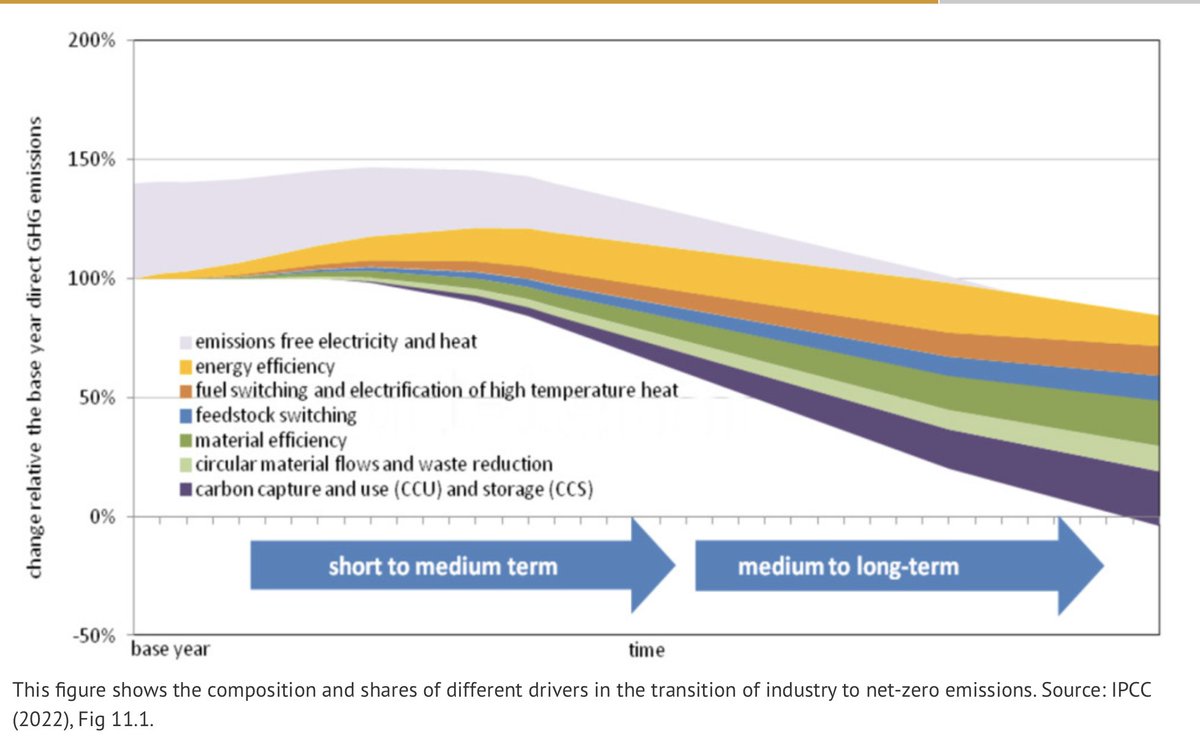
 Here we are in 2022, facing calamity. Isn't it time we get the physics right? Even if counter-intuitive, it's not that hard, and in front of our faces. A healthy materially and energy efficient child rapidly converts food to flesh to grow and consume more later. 2/5
Here we are in 2022, facing calamity. Isn't it time we get the physics right? Even if counter-intuitive, it's not that hard, and in front of our faces. A healthy materially and energy efficient child rapidly converts food to flesh to grow and consume more later. 2/5